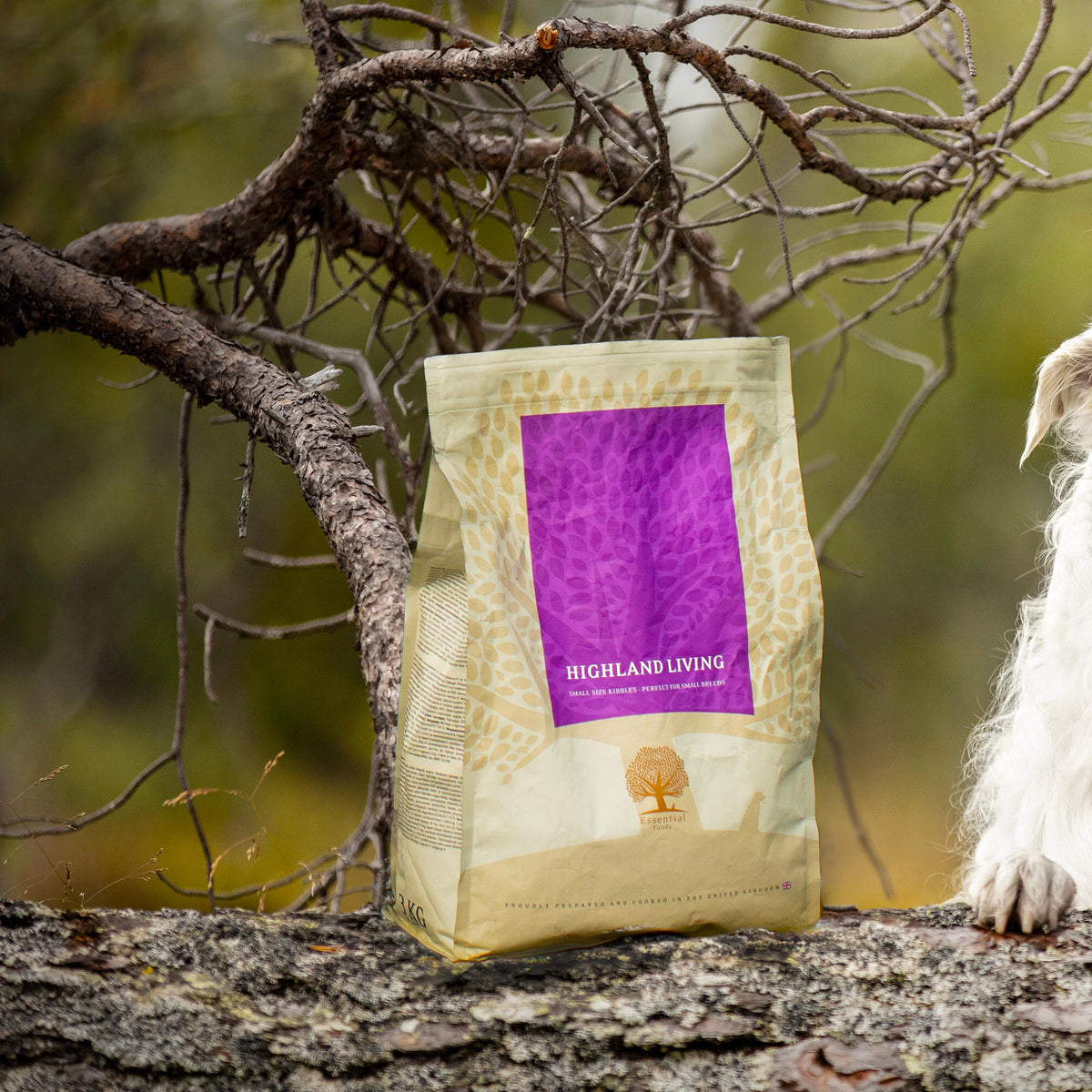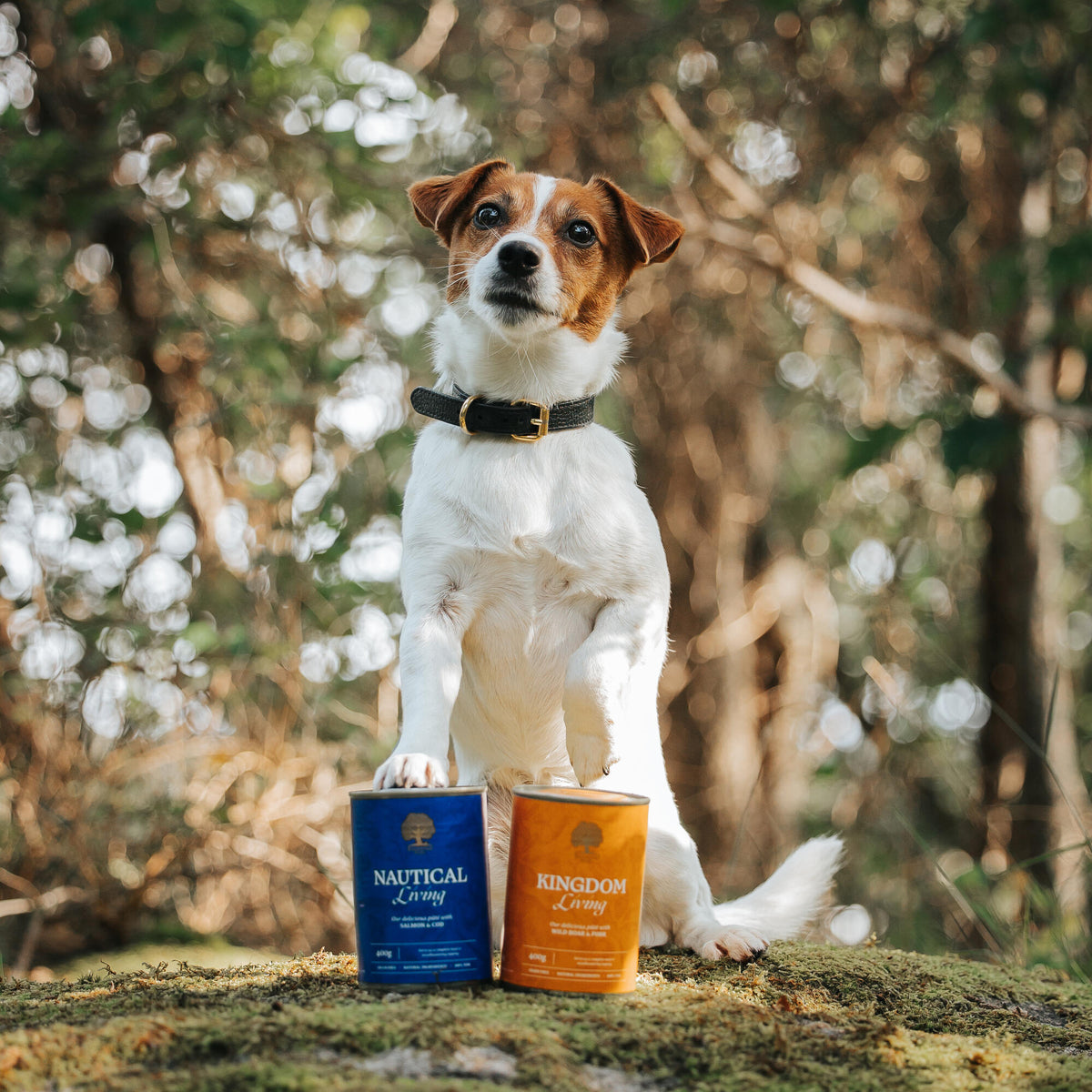Your Cart is Empty

In recent years, the question of whether dogs can eat spicy food has sparked significant debate among pet owners and veterinarians alike. As responsible pet guardians, it's essential to understand the potential risks and benefits associated with feeding spicy food to our beloved canine companions. In this comprehensive guide, we delve into the intricacies of this topic, shedding light on the impact of spicy food on puppy food, natural dog food, and grain-free dog food diets. Additionally, we explore why Essential dog food emerges as the optimal choice for ensuring the health and well-being of our dogs.
Spices, such as chili peppers and curry powder, contain compounds like capsaicin that can cause gastrointestinal irritation and discomfort in dogs. While some dogs may tolerate small amounts of spice, others may experience adverse reactions ranging from mild digestive upset to more severe conditions like gastritis or pancreatitis.
Puppies have delicate digestive systems and specific dietary requirements essential for growth and development. Introducing spicy food into their diets can disrupt their delicate balance and lead to digestive disturbances. Opting for puppy food formulated with wholesome, natural ingredients ensures that young dogs receive the nutrients they need without exposing them to unnecessary risks.
Natural dog food emphasizes the use of high-quality, minimally processed ingredients, free from artificial additives and preservatives. While spices can add flavor to human meals, they may not align with the principles of natural dog food. Introducing spicy ingredients into canine diets may compromise the integrity of natural dog food formulations and potentially harm dogs' health.
Grain-free dog food has gained popularity in recent years for its purported health benefits and suitability for dogs with food sensitivities. By eliminating grains like wheat, corn, and soy, grain-free diets aim to provide dogs with a nutritionally balanced alternative. However, incorporating spicy ingredients into grain-free dog food formulations may undermine their efficacy and compromise dogs' digestive health.
Essential dog food stands out as a leading choice for discerning pet owners seeking optimal nutrition for their dogs. Formulated with a focus on quality, Essential dog food boasts a range of benefits, including:
In conclusion, while the allure of spicy food may tempt dog owners, it's crucial to prioritize canine health and well-being above all else. By opting for Essential dog food, pet owners can rest assured that their dogs receive the best possible nutrition without exposing them to the risks associated with spicy ingredients.


